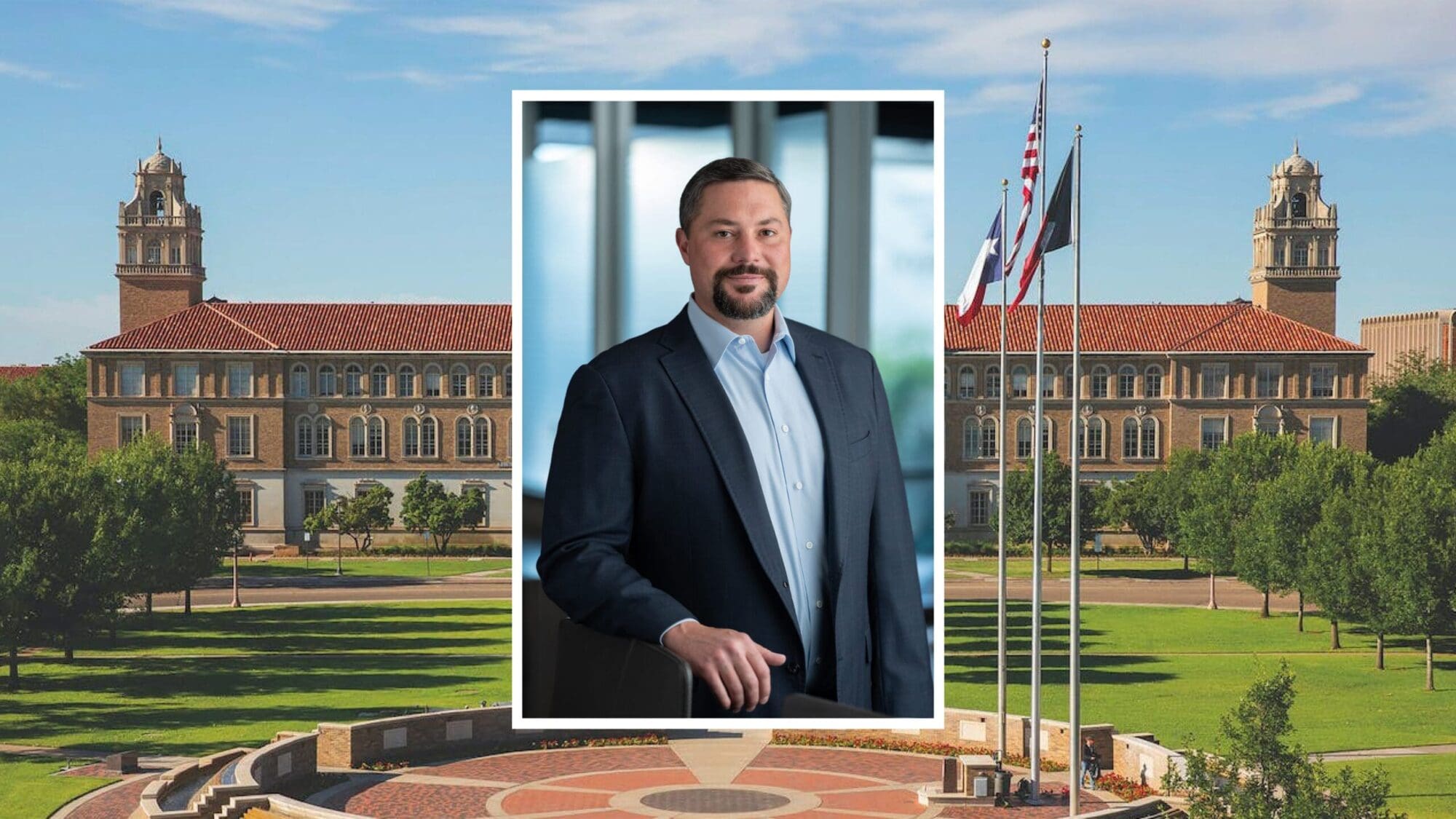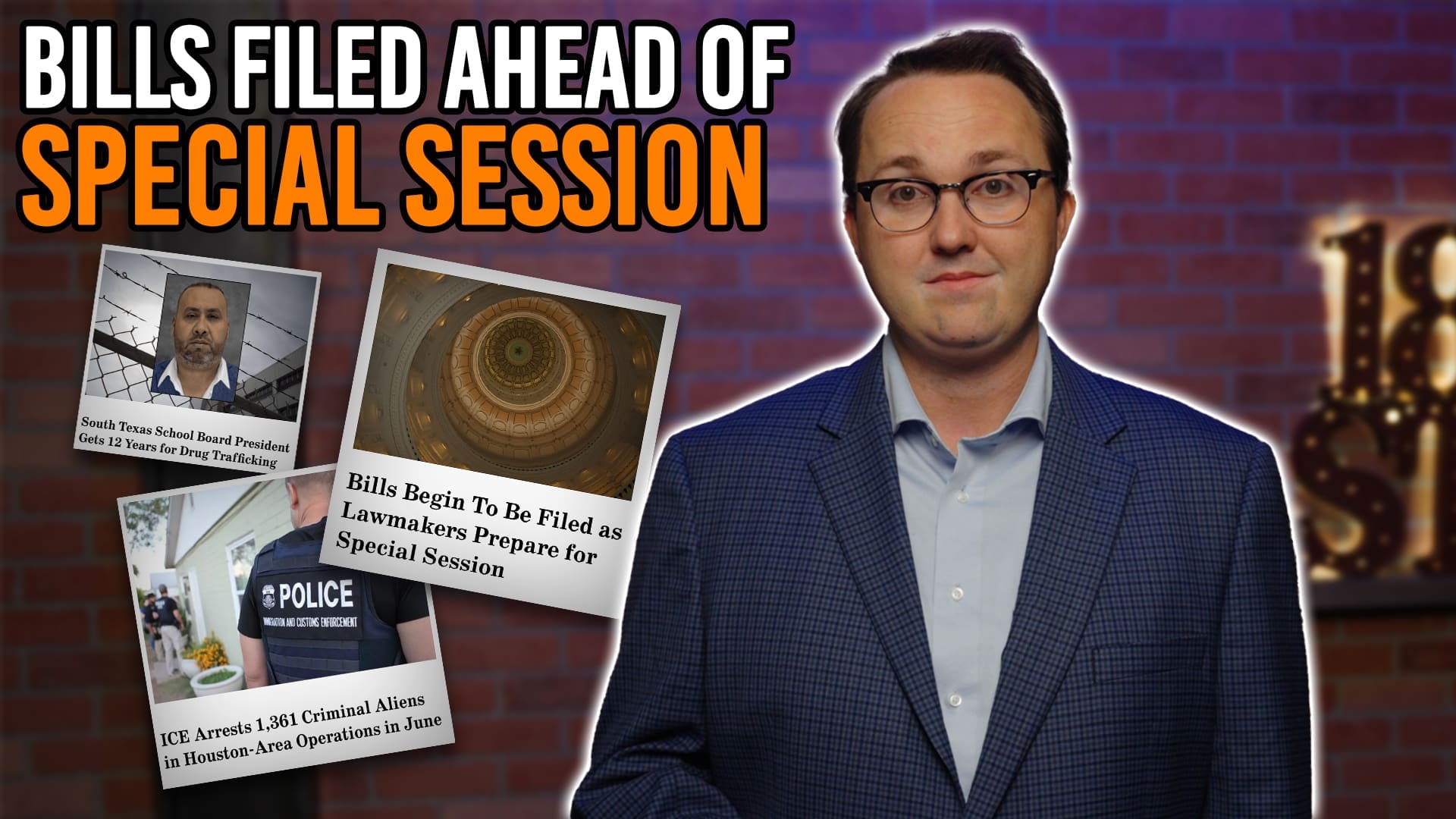With cities like Austin, San Antonio, and Dallas routinely regulating more and more of the activities of private businesses, Texans across the Lone Star State expected pre-emption efforts to tackle out-of-control local government to be near the top of the agenda for the Texas Legislature’s Republican majority.
They were right. Efforts to prevent cities from micromanaging businesses first materialized in the broad-based bill filed by State Sen. Brandon Creighton’s (R–Conroe) Senate Bill 15.
Here was Creighton’s statement of intent on that piece of legislation:
“The Texas economy has been vibrant for many years due to a regulatory climate that enables businesses, large and small, to thrive under a smart approach and balance to government regulation.
Job creators have left states that have burdensome regulations and weak economic environments and flocked to Texas, which remains one of the best states to do business with historic low unemployment rates. Texas businesses naturally evolve in order to remain competitive in this healthy environment by offering attractive benefits and wages.
However, Texas cities have begun to expand their regulatory scope and pass local ordinances regarding private employment practices–matters that have traditionally been handled at the state and federal level for the sake of better consistency and compliance. These ordinances have created an inconsistent patchwork of regulations that make it difficult for cities to attract new businesses, create jobs, and for businesses to operate in multiple jurisdictions. S.B. 15 prohibits a municipality or county from requiring certain employment benefits or policies.”
Creighton’s bill would have been a major victory for conservatives on its own, but it also served as a viable vehicle for other pre-emption proposals restricting the power of local governments.
It quickly became one—banning cities from micromanaging businesses’ internal policies regarding facility usage, pre-employment vetting, and other costly and restrictive mandates—and even received applause from the National Federation of Independent Business.
“Small businesses don’t have the time or resources to unravel a confusing and contradictory patchwork of local ordinances, no matter how well-intentioned,” said NFIB Texas State Director Annie Spillman. “When you have a tangle of conflicting local mandates, it adds to the cost of doing business, especially if you have mobile employees or operations in multiple jurisdictions, and that makes it harder for small businesses to grow and create jobs.”
But as conservatives and small business owners celebrated, opponents of the measure organized and activated a parade of LGBT and big business lobbies to oppose the measure unless Creighton also added additional language to the bill protecting equal rights ordinances and nondiscrimination ordinances from being rendered void.
Creighton declined to do so, arguing that his bill was narrowly tailored and should not serve as the debate stage for such arguments.
Most Republican lawmakers stood with him, but the controversy around the legislation and opposition from big business (who wanted Republicans to cave to the LGBT lobby) was strong enough to convince State Sen. Kel Seliger (R–Amarillo) and every Democrat to oppose it in the Texas Senate—preventing it from passing under the three-fifths rule of the chamber.
Creighton responded by filing four single-shot business protection bills:
- SB 2485 pre-empting employee benefit requirements
- SB 2486 pre-empting mandates regarding scheduling practices
- SB 2487 pre-empting regulations on employment leave
- SB 2488 pre-empting efforts to prohibit criminal history requests (Ban the Box ordinances)
“When you don’t want litigation, you just remove it altogether,” said Creighton.
Those narrower bills sailed out of the Texas Senate on party-line votes and landed in the House Committee on State Affairs chaired by State Rep. Dade Phelan (R–Beaumont).
Phelan immediately defied Republican activists and small businesses and inserted a LGBT parade-approved nondiscrimination rider to each bill, telling the media he’s “done talking about bashing on the gay community.”
“It’s completely unacceptable,” added Phelan. “This is 2019.”
House Speaker Dennis Bonnen (R–Angleton) backed Phelan.
“The reality is, we’re not happy with cities passing these paid sick leave ordinances; it’s not fair and good for Texas business and Texas job growth. But we are also not going to allow discrimination to occur,” he told Austin’s KXAN.
Phelan and Bonnen’s blockade prevented any of the aforementioned business protection bills from passing without the amendment—which Lt. Gov. Dan Patrick and Republican members of the Texas Senate refused to accept.
The result was each measure being defeated by Phelan and the Texas House. Bizarrely, however, the NFIB’s state director blamed Patrick.
“I don’t think the lieutenant governor has listened to the business community in quite a while,” Spillman told the left-leaning Texas Observer. “Our No. 1 priority was this pre-emption legislation to stop cities from overreaching, and despite our efforts to compromise with everyone involved, at the end of the day we were ignored and set aside.”
In truth, it was small businesses and citizens that were set aside by Texas House Republicans working at the behest of Democrats.





